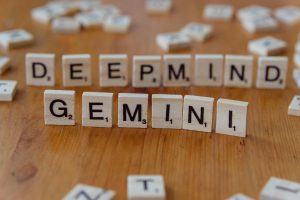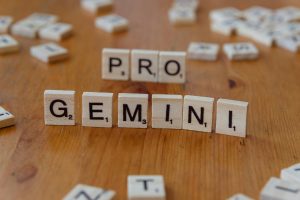My manager suspects I’m cheating because I rely on AI to manage my workload
Embracing AI Tools to Enhance Productivity: Navigating Workplace Perceptions
In today’s fast-paced business environment, managing a multitude of tasks — from emails and follow-ups to meetings and deadlines — can often feel overwhelming. Many professionals are turning to innovative solutions to stay organized and efficient. Recently, I adopted AI-based tools like ChatGPT to streamline my daily workflow at a medium-sized company’s operations department.
By integrating these AI assistants, I was able to automatically review my notes, manage to-do lists, draft responses, and develop daily plans. The results were noticeable: I reduced my tendency to forget key details, avoided spiraling into stress, and consistently met deadlines. Essentially, I found a smarter way to handle my responsibilities without sacrificing quality or timeliness.
However, my approach didn’t sit well with everyone. My supervisor—who appears skeptical of AI’s role in the workplace—noticed my use of these tools and expressed concern. He implied that relying on AI was undermining team standards and suggested that “real work takes time,” implying I was somehow “cheating” or taking shortcuts by working smarter rather than harder.
This situation has led to an uncomfortable atmosphere, with my boss viewing my efficient workflow as a negative rather than an innovative improvement. It raises important questions about how workplaces perceive the integration of technology. Leveraging AI isn’t about outsourcing or avoiding effort; it’s about optimizing processes to deliver better results. Isn’t that the core purpose of technological advancement?
As we continue to embrace new tools, the challenge lies in educating colleagues and supervisors about AI’s benefits and ensuring that such innovations are seen as assets rather than shortcuts. Embracing these technologies can lead to a more productive, less stressful work environment—if we can foster understanding and trust.
Ultimately, using AI to enhance our professional capabilities is not cheating; it’s strategic evolution. Moving forward, open dialogue and demonstrating tangible results may help shift perceptions and encourage broader acceptance of these effective tools.














Post Comment